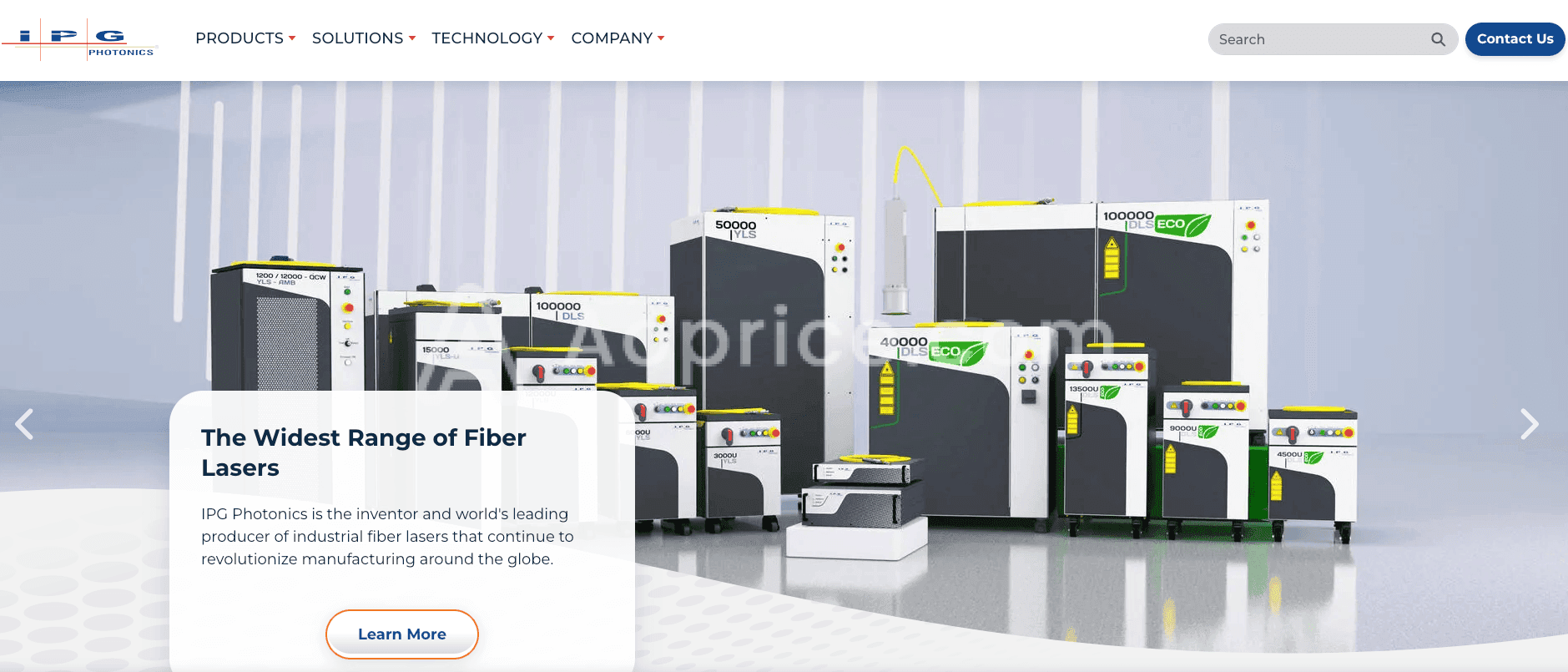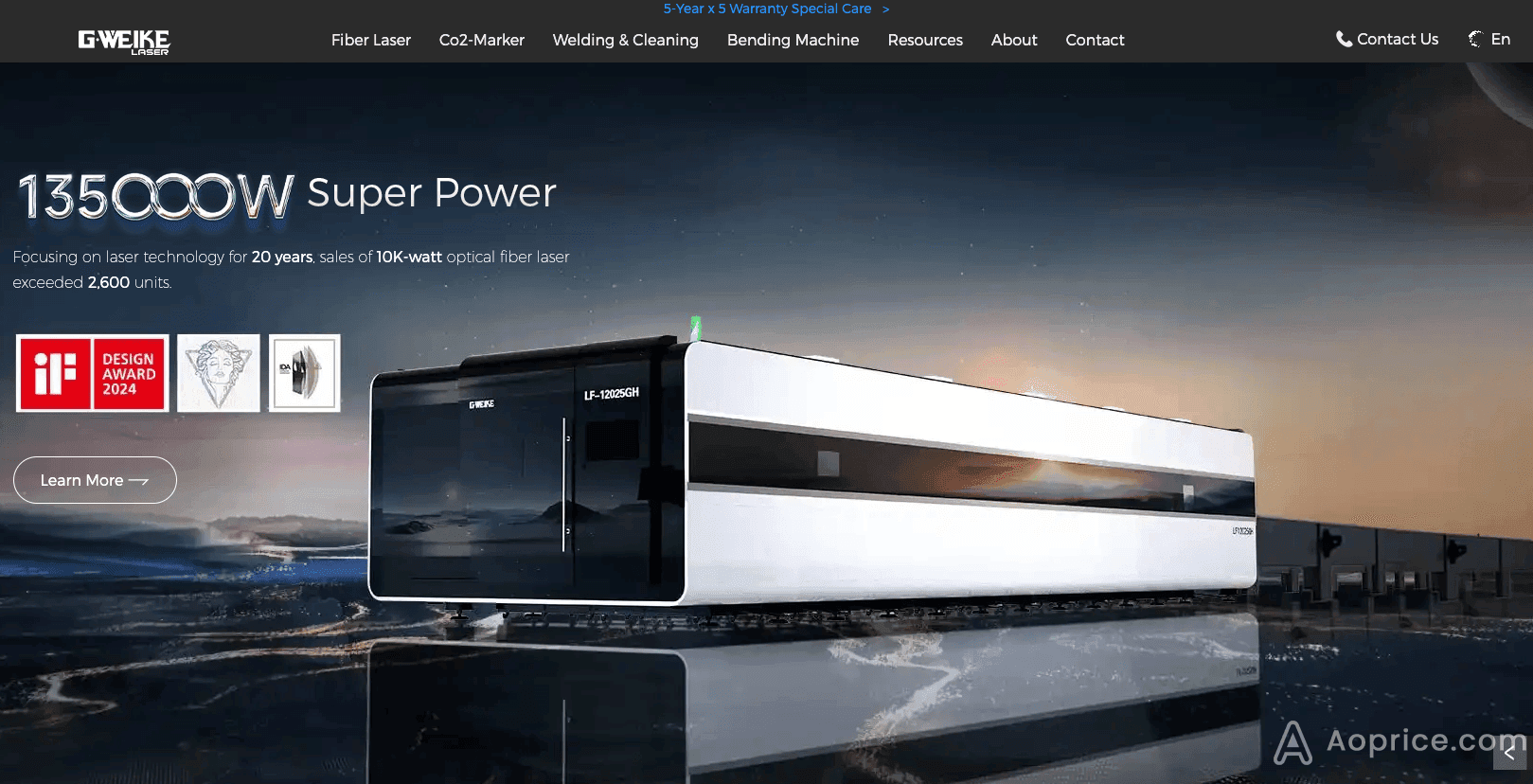In the rapidly evolving landscape of broadband services, selecting the right supplier is crucial for both consumers and businesses. It is now possible to enhance connectivity and improve overall internet experience by choosing the right broadband provider without significantly increasing costs.
However, before making the decision to switch providers or upgrade services, it is essential to consider several factors to ensure optimal investment returns. Here, we will present the top ten broadband suppliers for 2025, highlighting their key offerings, market positions, and unique features.
Overview
The broadband supplier industry has experienced significant growth, driven by rising demand for high-speed internet and technological advancements. As of 2025, the global broadband market is projected to reach approximately $457.6 billion, growing at a compound annual growth rate (CAGR) of about 9.7% from 2023 to 2030. This growth is supported by the expansion of fiber-optic networks, the increasing adoption of 5G technology, and a growing number of connected devices.
Key Statistics
- Global Market Size: Expected to reach approximately $457.6 billion in 2025.
- Fiber Optic Adoption: By 2025, fiber connections are anticipated to serve nearly 60% of global broadband subscribers, surpassing DSL and cable technologies.
- 5G Rollout: The number of 5G connections is expected to reach around 2 billion by the end of 2025, significantly enhancing mobile broadband access and capabilities.
Top 10 Broadband Suppliers
AT&T
AT&T Inc. is a leading global telecommunications company, recognized for its extensive broadband and wireless services. As one of the largest telecommunications providers in the world, AT&T plays a pivotal role in connecting individuals and businesses through innovative technology and robust infrastructure.
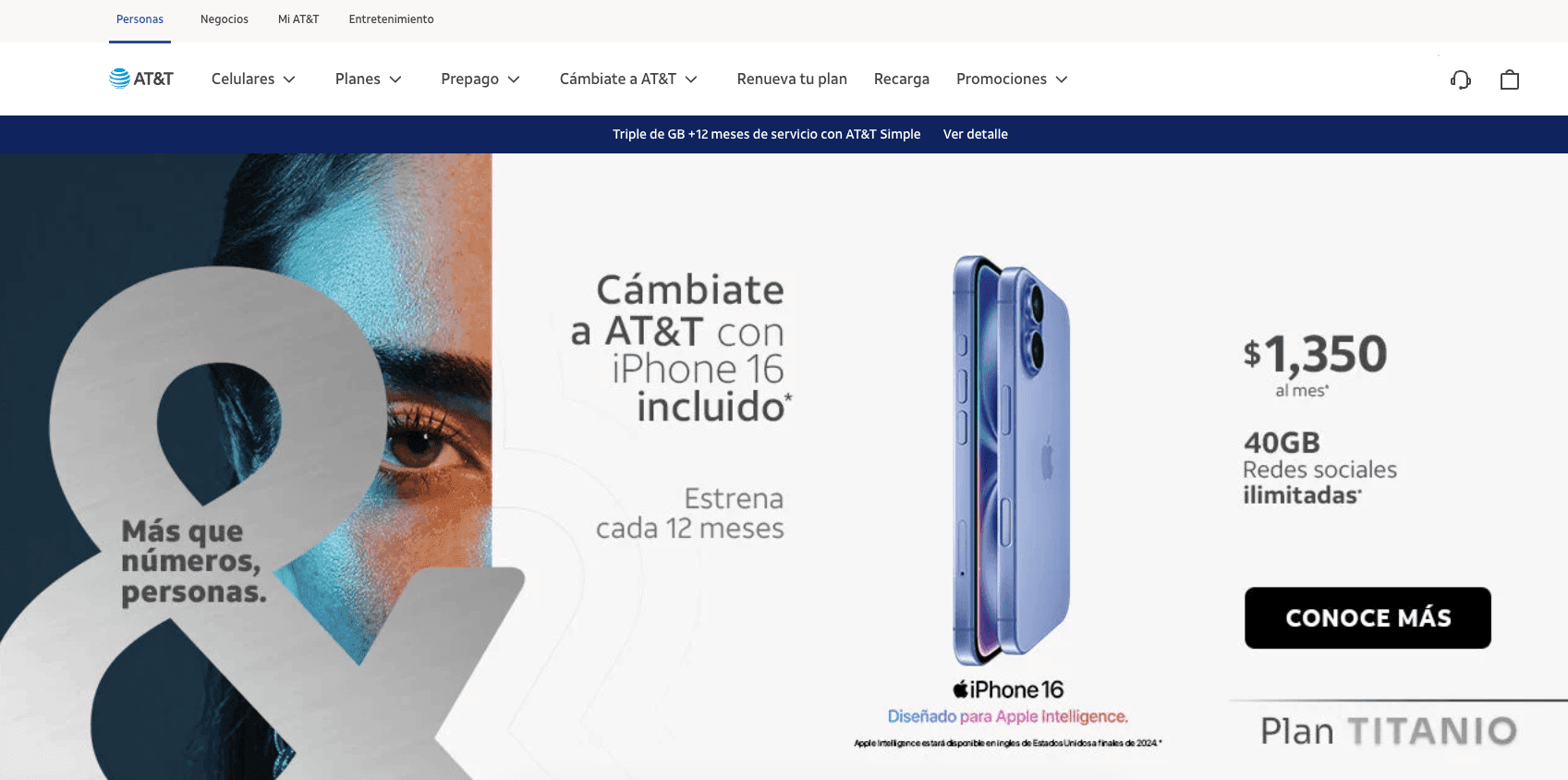
Business Type: Telecommunications, Media, and Technology Services
Headquarters: Dallas, Texas, USA
Main Markets: North America, Latin America, Asia-Pacific, Europe, Middle East, and Africa
Establishment Year: 1984
Certificates/Awards: Ranked #1 in customer satisfaction for Fiber services by the American Customer Satisfaction Index (ACSI), recognized as the largest fiber provider in the U.S.
AT&T offers a comprehensive range of broadband services, including high-speed fiber-optic internet, DSL, and fixed wireless solutions. Significant investments in its fiber network, now reaching over 28 million U.S. locations, position AT&T as America’s fastest internet provider, capable of delivering multi-gig speeds and symmetrical performance. The integration of 5G technology enhances connectivity for modern applications like remote work and smart home systems.
Leveraging its vast mobile network, AT&T provides converged services that combine wireless and wireline offerings, effectively cross-selling fiber services to mobile customers and increasing market penetration. AT&T‘s commitment to innovation is evident in partnerships that bridge the digital divide, ensuring high-speed access for underserved communities. With a focus on quality and competitive pricing, AT&T leads the telecommunications industry by delivering reliable, high-speed connectivity and exceptional customer service.
Verizon Fios
Verizon Fios is a leading provider of fiber-optic broadband services in the United States, recognized for its high-speed internet, television, and phone services. As part of Verizon Communications Inc., it has established itself as a pioneer in the telecommunications industry, particularly in delivering fiber-to-the-home solutions that offer unmatched speed and reliability.
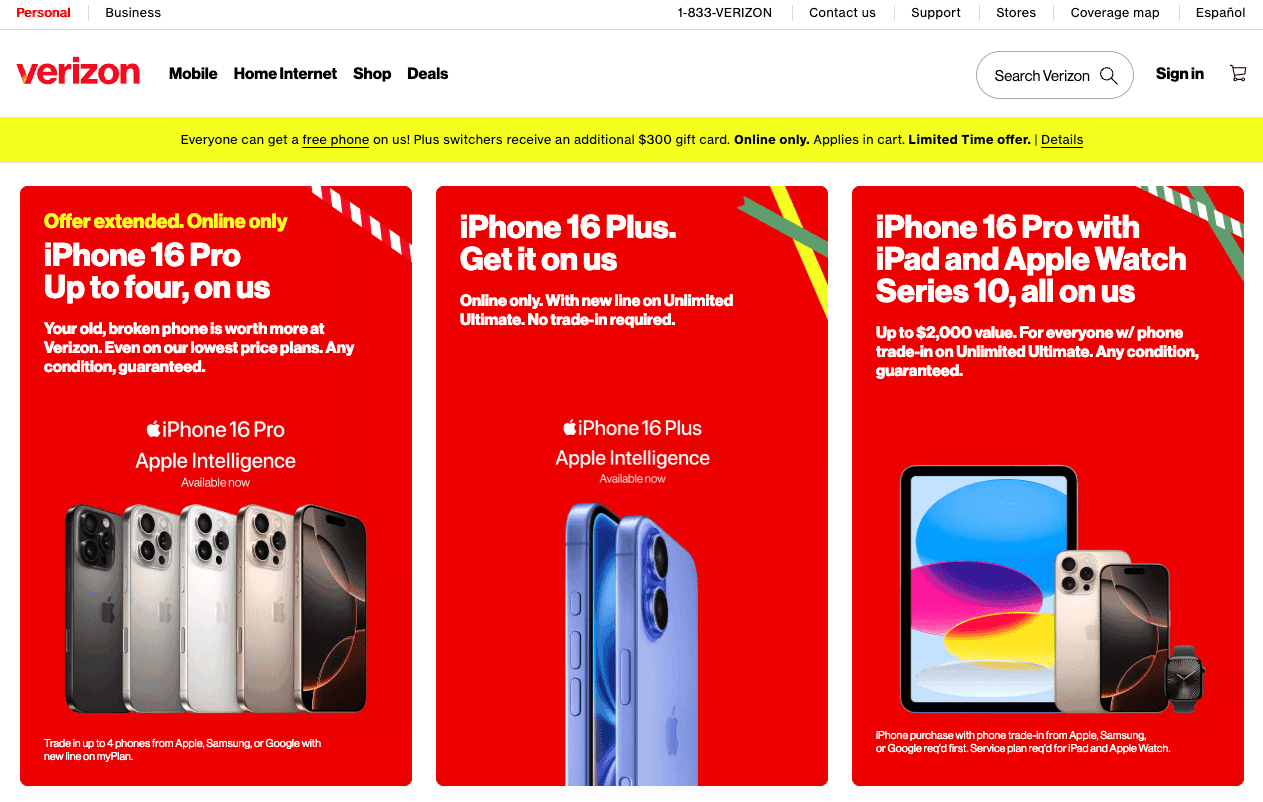
Business Type: Telecommunications and broadband services
Headquarters: New York City, New York, USA
Main Markets: Northeast United States, including New Jersey, New York, Pennsylvania, Virginia, Maryland, Massachusetts, Delaware, Rhode Island, and Washington D.C.
Establishment Year: 2004
Certificates/Awards: J.D. Power Award for Highest Residential Internet Service Satisfaction (multiple years), PCMag Reader’s Choice Award for Internet Service (12 consecutive years)
Verizon Fios utilizes advanced fiber-optic technology to deliver internet speeds up to 940 Mbps for downloads and 880 Mbps for uploads, providing symmetrical speeds that enhance streaming and gaming experiences. With a 99.9% reliable network, it serves both residential and business customers, offering flexible plans with no data caps or long-term contracts.
Committed to innovation, Verizon Fios leads in fiber technology with the Fios Gigabit Connection and ongoing trials of NG-PON2, which promise future speed enhancements. The acquisition of Frontier Fiber aims to expand its network to 40 million U.S. locations, highlighting its dedication to broadband accessibility. Verizon Fios excels in the broadband market through its quality service, customer satisfaction, and a strong industry presence.
Xfinity
Xfinity, a division of Comcast Corporation, is a leading American telecommunications company that specializes in providing high-speed internet, cable television, and telephone services. Established in 2010, Xfinity has rapidly grown to become the largest residential broadband provider in the United States, serving millions of customers across the nation.

Business Type: Telecommunications and media services
Headquarters: Philadelphia, Pennsylvania, United States
Main Markets: United States (operating in 40 states and the District of Columbia)
Establishment Year: 2010
Certificates/Awards:
- Red Dot Award for Product Design (multiple years)
- Emmy Awards for technology and engineering achievements
- iF Design Award for sustainable packaging (Eco Capsule)
Xfinity excels in extensive service offerings and innovative technologies, providing a variety of internet plans, including gigabit-speed options and the latest DOCSIS 4.0 technology for enhanced broadband capacity. With over 16 million Wi-Fi hotspots nationwide, Xfinity ensures reliable internet access at home and on the go, while advanced products like the xFi Advanced Gateway and Supersonic WiFi underscore its commitment to superior connectivity solutions.
Through initiatives like Janus, Xfinity integrates cutting-edge technologies, leveraging cloud and AI to optimize network performance for faster speeds and improved reliability. This forward-thinking approach enhances customer experiences and positions Xfinity as a telecommunications pioneer. Ultimately, Xfinity’s value proposition focuses on delivering high-quality, reliable broadband services at competitive prices, setting industry standards while meeting the evolving needs of consumers in an increasingly connected world.
Google Fiber
Google Fiber, a subsidiary of Alphabet Inc., is a leading provider of fiber-optic broadband internet services in the United States. Established to deliver high-speed internet connectivity, Google Fiber has positioned itself as a pioneer in the broadband industry, offering some of the fastest internet speeds available to residential and business customers.
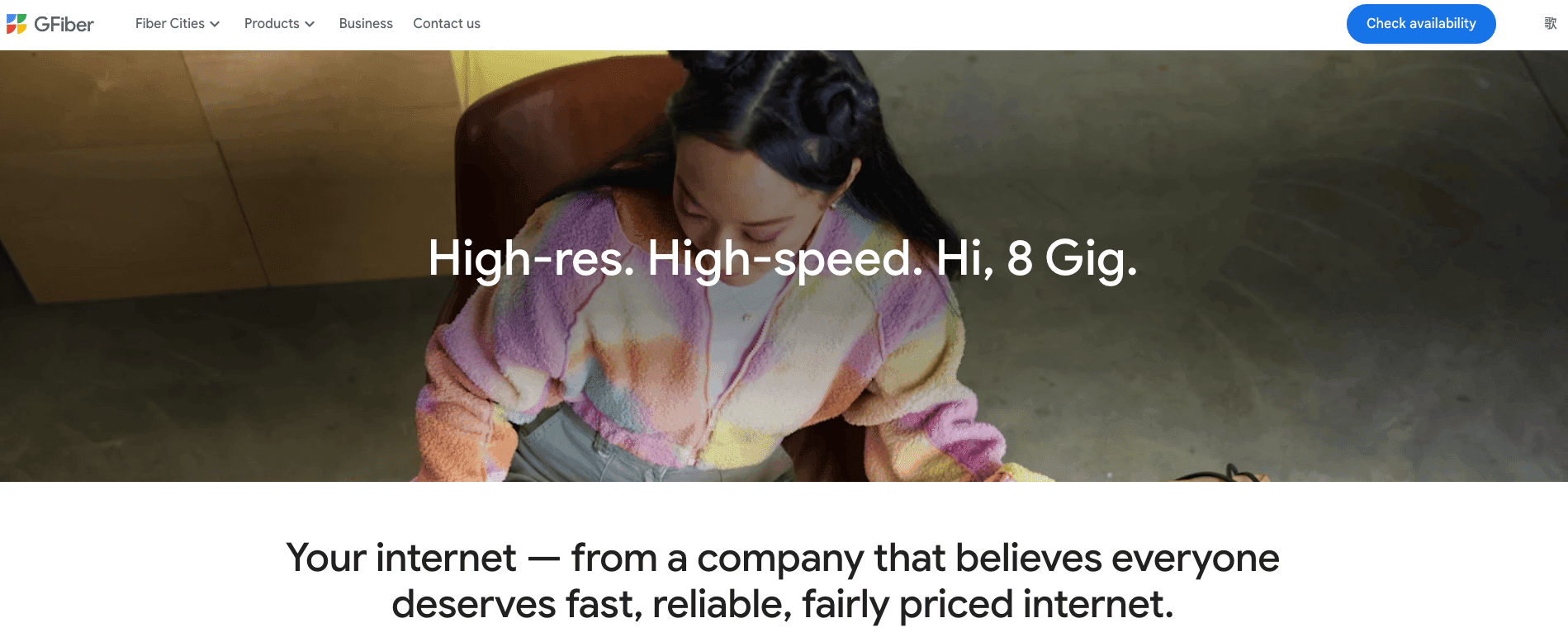
Business Type: Broadband Internet Service Provider (ISP)
Headquarters: Mountain View, California, USA
Main Markets: Google Fiber serves multiple cities across 19 states, including Kansas City, Austin, Provo, Atlanta, and Nashville.
Establishment Year: 2010
Certificates/Awards:
- Fastest Internet Provider in the Country (HighSpeedInternet.com, 2022)
- Best Overall Internet Provider in the US for 2024 (HighSpeedInternet.com)
- #1 in Customer Satisfaction for Residential Internet in the South (J.D. Power, 2023)
Google Fiber is recognized for its fast, reliable internet service without data caps or hidden fees, offering plans up to 8 Gbps to meet diverse consumer needs, from casual browsing to gaming and streaming. Its innovative technologies, including Wi-Fi 6E and upcoming Wi-Fi 7, ensure robust connectivity throughout homes and businesses.
A major strength of Google Fiber is its commitment to customer service, characterized by rapid response times and high satisfaction ratings. The company is praised for its transparent pricing and dedication to community engagement and digital equity, making it a preferred choice for quality and value. By combining cutting-edge technology with a customer-centric approach, Google Fiber solidifies its reputation as a leader in the fiber-optic internet industry.
Starlink
Starlink, a subsidiary of SpaceX, is at the forefront of the satellite broadband industry, revolutionizing internet connectivity through its innovative low-Earth orbit (LEO) satellite constellation. The company aims to bridge the digital divide by providing high-speed internet access to underserved and remote areas worldwide.
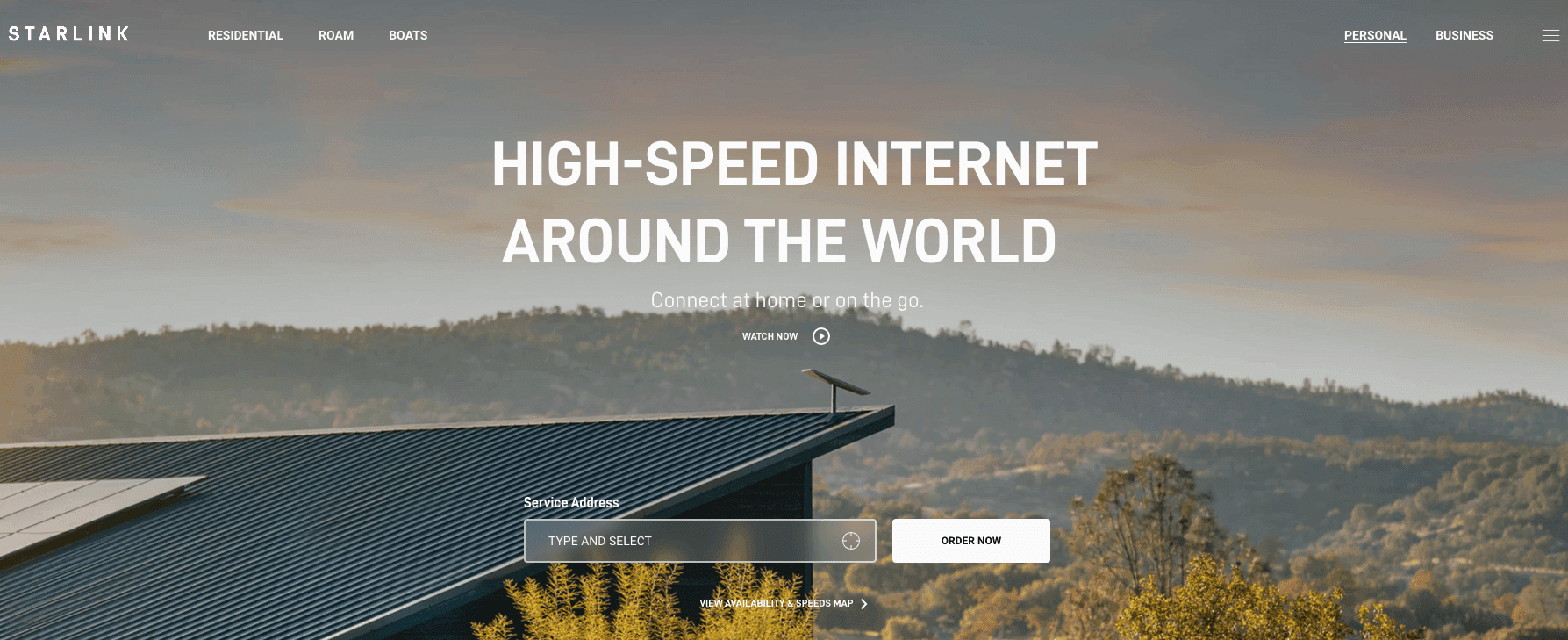
Business Type: Satellite Internet Service Provider
Headquarters: Hawthorne, California, USA
Main Markets: North America, Europe, Asia, Africa, Oceania, Central America
Establishment Year: 2015
Certificates/Awards: Various industry accolades for innovation and technology leadership; recognized for contributions to global broadband access.
Starlink operates a network of over 5,700 satellites, with plans to expand to 42,000, providing high-speed, low-latency internet across diverse regions. By late 2023, it gained 2.2 million subscribers, establishing itself as a leader in satellite broadband, especially in rural areas lacking traditional options. The company’s strengths include advanced technology and rapid deployment, with satellites at lower altitudes that reduce latency and enhance speeds. Starlink offers download speeds from 25 to 220 Mbps and latency between 20-60 ms, making it a competitive alternative to terrestrial services. Innovative manufacturing techniques like 3D printing further reduce costs and increase output.
Starlink’s value proposition focuses on delivering reliable and affordable internet access globally. By leveraging its unique satellite technology and extensive infrastructure, it enhances connectivity for users, businesses, and governments, ensuring efficient communication even in challenging environments.
Spectrum
Spectrum, a brand of Charter Communications, is a leading provider of broadband connectivity and cable services in the United States. With a commitment to delivering high-speed internet, mobile, television, and voice services, Spectrum serves millions of customers across diverse markets. The company is recognized as the largest rural internet provider in the nation, playing a crucial role in bridging the digital divide.

Business Type: Telecommunications and broadband services
Headquarters: Stamford, Connecticut, United States
Main Markets: United States (41 states)
Establishment Year: 2014 (as Spectrum; Charter Communications was founded in 1993)
Certificates/Awards: Various industry awards for customer service and technology innovation; recognized for its commitment to providing reliable internet access.
Spectrum’s key strengths include its extensive fiber-optic network and innovative service offerings, operating over 245,000 fiber-route miles and connecting more than 317,000 fiber-lit buildings nationwide. This robust infrastructure allows Spectrum to deliver internet speeds of up to 1 Gbps for residential customers and 100 Gbps for enterprise solutions, while Spectrum Business® provides tailored services for small and medium-sized businesses.
Recently, Spectrum invested approximately $9 billion in its Rural Construction Initiative, aimed at expanding broadband access to underserved communities, connecting about 1.75 million new homes and businesses. The company’s commitment to customer satisfaction is reflected in its Customer Commitment program, which ensures reliable connectivity, transparent pricing, and exceptional support. Overall, Spectrum delivers high-quality broadband services at competitive prices, positioning itself as a key player in the telecommunications industry dedicated to enhancing connectivity for all customers.
T-Mobile Home Internet
T-Mobile Home Internet is revolutionizing the broadband landscape in the United States by offering a robust and affordable alternative to traditional internet service providers. Leveraging the power of T-Mobile’s extensive 5G network, the company provides high-speed internet access to millions of households, making it one of the fastest-growing internet service providers in the country.
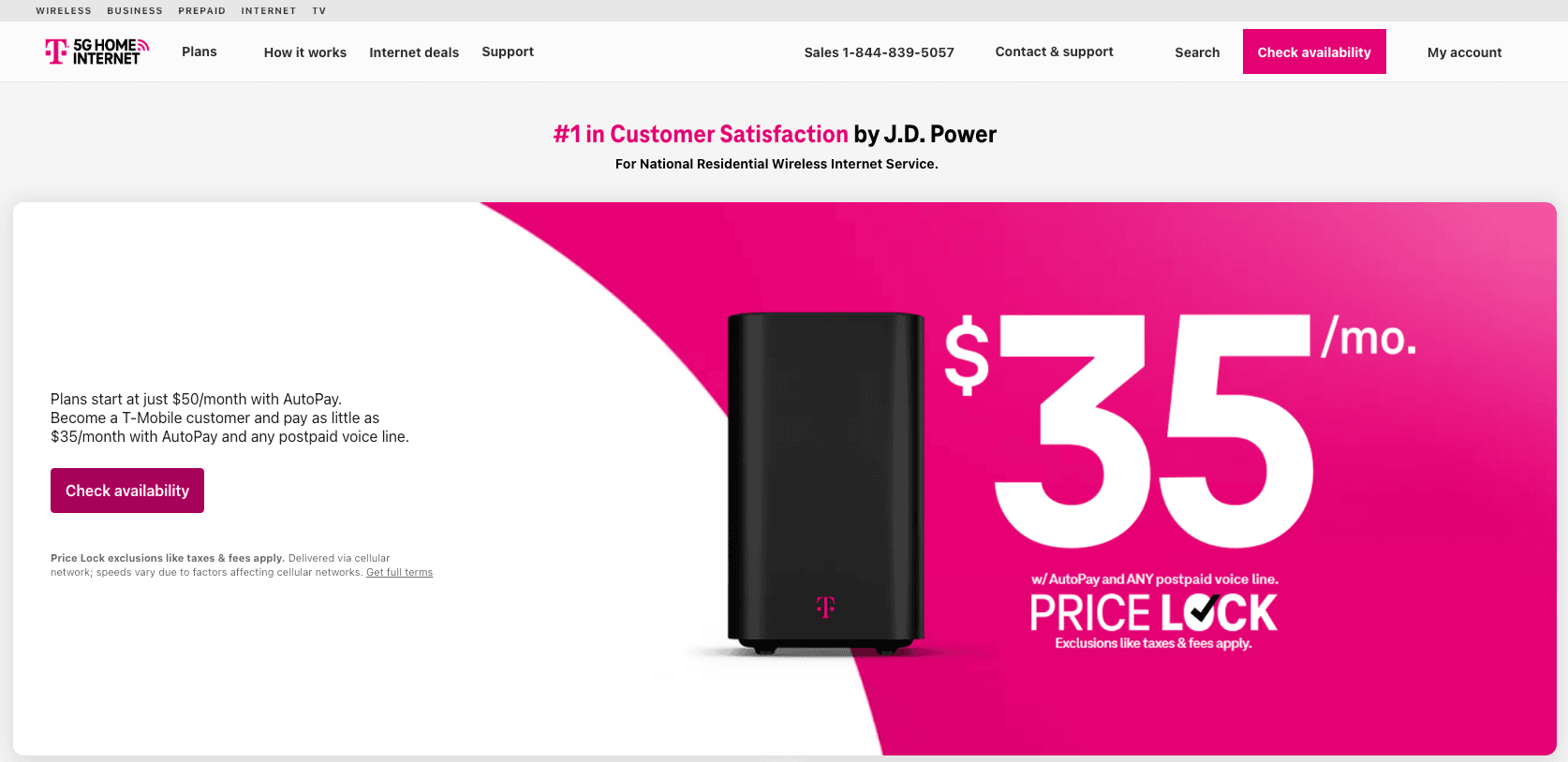
Business Type: Telecommunications and Internet Service Provider
Headquarters: Bellevue, Washington, USA
Main Markets: United States
Establishment Year: 2021 (as a dedicated home internet service)
Certificates/Awards: Recognized by the Federal Communications Commission (FCC) as one of only 11 fixed internet services catering to over 5% of the U.S. population; topped the American Customer Satisfaction Index survey for non-fiber national ISPs.
T-Mobile Home Internet employs a fixed wireless model utilizing a 5G Gateway device that integrates a modem and router for effortless installation and high-speed internet access without the hassle of wiring or contracts. With typical download speeds ranging from 72 Mbps to 245 Mbps, this service features no data caps and transparent pricing, making it an attractive choice for customers seeking simplicity and value.
The company’s commitment to quality is evident in offerings like Home Internet Plus, which includes advanced Wi-Fi Mesh technology and unlimited tech support. A no-contract policy and a 15-day trial enhance customer satisfaction by allowing users to experience the service risk-free, effectively addressing common issues faced with traditional ISPs. Overall, T-Mobile Home Internet combines affordability, ease of use, and a customer-centric approach, leveraging its expansive 5G network to transform home connectivity.
Metronet
Metronet is a leading provider of high-speed fiber-optic broadband services in the United States, renowned for its commitment to delivering reliable and high-performance internet solutions. As the largest independently owned fiber-optic internet service provider in the country, Metronet has established a strong presence across multiple states, catering to both residential and business customers.

Business Type: Internet Service Provider (ISP)
Headquarters: Evansville, Indiana, USA
Main Markets: Indiana, Illinois, Iowa, Kentucky, Michigan, Minnesota, Ohio, Florida, North Carolina, Virginia, Texas, Wisconsin, Missouri, Colorado, New Mexico, Louisiana
Establishment Year: 2005
Certificates/Awards:
- PCMag’s “Fastest Major ISP” for 2023
- BroadbandNow’s “Most Significant Fiber Expansion” award in 2024
- Cablefax’s “Fiber Provider of the Year” in 2023
- Recognized as one of the top 10 ISPs with Best Gaming Quality Index in 2021
Metronet specializes in fiber-to-the-home (FTTH) internet services, delivering symmetrical speeds from 100 Mbps to 5 Gbps through a 100% fiber-optic network, which eliminates the limitations of traditional cable or DSL. With the recent implementation of Nokia’s XGS-PON technology, Metronet supports multi-gigabit speeds for both residential and commercial applications, making it ideal for streaming, gaming, and remote work. The company emphasizes a customer-centric approach with competitive pricing, offering flexible plans without long-term contracts, including features like unlimited data and a wireless router.
Metronet’s commitment to quality is reflected in high customer satisfaction ratings and numerous industry accolades. By investing in expanding its network into underserved areas, it enhances broadband accessibility, providing state-of-the-art communications at competitive prices. This dedication to innovation and community engagement positions Metronet as a premier choice for high-speed internet solutions across the Midwest and beyond.
Cox Communications
Cox Communications is the largest private broadband company in the United States, recognized for its extensive telecommunications services, including high-speed internet, digital cable television, and telephone services. With a commitment to enhancing connectivity and customer experience, Cox serves approximately seven million residential and business customers across 18 states.

Business Type: Telecommunications and broadband services
Headquarters: Sandy Springs, Georgia, USA
Main Markets: United States (18 states including major metropolitan areas)
Establishment Year: 1962
Certificates/Awards: J.D. Power Awards for customer satisfaction, Rural Connectivity Award from Broadband Communities Summit
Cox Communications has established itself as a leader in the broadband industry through significant investments in infrastructure and technology. The company has invested over $19 billion in network upgrades over the past decade to enhance service capabilities and expand its fiber-powered networks. This commitment allows Cox to provide a range of internet plans with speeds up to 2 Gbps, catering to diverse customer needs from casual browsing to high-demand applications like gaming and streaming.
The company’s Panoramic WiFi service exemplifies its innovation, offering advanced gateway technology that ensures reliable coverage and security throughout homes. Additionally, Cox is dedicated to bridging the digital divide by expanding access to underserved communities, committing more than $400 million to enhance connectivity in rural areas. This initiative not only improves access but also fosters economic growth by enabling local businesses and residents to thrive in an increasingly digital world.
Cox Communications stands out in the telecommunications sector by offering competitive pricing alongside superior service quality. Its unique value proposition lies in the combination of high-speed internet access, extensive customer support, and a commitment to community engagement. By continuously evolving its services and infrastructure, Cox ensures that it meets the ever-changing demands of its customers while maintaining a focus on delivering exceptional value.
Frontier Communications
Frontier Communications is a leading telecommunications provider in the United States, known for its extensive fiber-optic broadband services. With a strong commitment to enhancing connectivity across various regions, Frontier stands as a significant player in the broadband industry, focusing on delivering high-speed internet solutions to both residential and business customers.

Business Type: Telecommunications services, including broadband internet, digital television, and voice services.
Headquarters: Norwalk, Connecticut, USA
Main Markets: Serving customers in 25 states across the U.S., including California, Texas, Florida, and New York.
Establishment Year: 1935
Certificates/Awards: Recognized as CNET’s Best Fiber Internet Provider in 2023; various customer service excellence awards.
Frontier Communications is a leading player in the fiber-optic broadband sector, with a network reaching over 7.6 million locations and plans to expand to 10 million by 2025. The company reported a 14% year-over-year revenue increase for Q3 2024, driven by the growing demand for high-speed internet as consumers shift from traditional copper services to advanced fiber solutions. Frontier’s commitment to innovation is highlighted by its introduction of multi-gigabit internet speeds, positioning it among the first nationwide providers to offer such capabilities.
Its service portfolio includes diverse broadband options, with Frontier Fiber delivering symmetrical speeds up to 5 Gbps and DSL services offering variable speeds. The company prioritizes customer satisfaction through competitive pricing and no data caps, while also investing in underserved communities to promote digital literacy. Overall, Frontier’s robust fiber infrastructure and dedication to service excellence ensure it remains a key player in the telecommunications landscape, effectively addressing the evolving needs of broadband consumers.
Comparison of Broadband Manufacturers
| Supplier | Key Features | Price Range | Specialties |
|---|---|---|---|
| AT&T | Fiber & DSL | $39.99 – $100+ | Extensive coverage |
| Verizon Fios | Symmetrical speeds | $39.99 – $79.99 | High reliability |
| Xfinity | Cable with various speeds | $29.99 – $99.99 | Competitive pricing |
| Google Fiber | No data caps | $70 – $100 | Fastest speeds |
| Starlink | Satellite coverage | $110 | Rural connectivity |
| Spectrum | No data caps | $49.99 – $109.99 | Wide availability |
| T-Mobile Home Internet | Fixed wireless | $50 | Flexibility |
| Metronet | Pure fiber | $49 – $69 | Customer satisfaction |
| Cox Communications | Cable | $29.99 – $109.99 | Strong regional presence |
| Frontier Communications | DSL & Fiber | $49 – $80 | Focus on rural markets |
What is Broadband?
Broadband is high-speed internet access that enables rapid transmission of data, voice, and video across long distances. It uses a wide frequency band to multiplex data on multiple channels simultaneously, resulting in faster and more efficient communication.
Key Characteristics of Broadband Internet
Definition and Speed
The Federal Communications Commission (FCC) defines broadband as an internet connection with a minimum download speed of 100 Mbps and an upload speed of 20 Mbps. This high-speed connection is crucial for modern internet usage, supporting activities like streaming, online gaming, and large file transfers.
Always-On Connectivity
Unlike traditional dial-up, broadband provides an “always-on” internet connection. This eliminates the need to establish a new connection each time you want to access the internet, offering instant and continuous connectivity.
5 Types of Broadband Transmission Technologies
- Fiber optic cables
- Coaxial cables
- Digital Subscriber Line (DSL)
- Wireless (including 4G and 5G)
- Satellite
How Does Broadband Work?
Broadband functions by creating a fast connection between your home and the wider internet infrastructure. This connection, often called the “last mile,” is crucial for determining your overall internet speed and quality.
The broadband signal travels through a high-capacity transmission medium, which can be:
- Physical: Fiber optic or coaxial cables
- Wireless: 4G, 5G, or satellite
This infrastructure allows for the simultaneous transmission of multiple data streams, supporting various types of internet traffic and enabling a seamless online experience.
The Evolution and Future of Broadband
Broadband technology continues to evolve rapidly, driven by advancing technology and changing user needs. Key developments include:
- Increasing Speed Standards: The FCC regularly updates its benchmark speeds, with a long-term goal of achieving nationwide broadband speeds of 1 Gbps download and 500 Mbps upload.
- Improved Access: Broadband has significantly enhanced internet accessibility, enabling faster downloads, smoother streaming, and more reliable connections compared to older technologies like dial-up.
- Shaping Digital Experiences: As our reliance on high-speed internet grows, broadband plays an increasingly crucial role in shaping our digital experiences and connectivity.
What’s the difference between broadband and dial-up?
Broadband offers much faster speeds and an always-on connection, while dial-up is slower and requires establishing a new connection each time.
How fast is broadband internet?
Broadband speeds vary, but the FCC defines it as at least 100 Mbps download and 20 Mbps upload.
Can I get broadband in rural areas?
Yes, through technologies like satellite internet, though availability and speeds may vary.
By understanding broadband technology, you can make informed decisions about your internet service and better navigate our increasingly connected world.
Conclusion
In the rapidly evolving landscape of broadband services, selecting the right supplier has become essential for both consumers and businesses, as it can significantly enhance connectivity and improve the overall internet experience without substantially increasing costs.
However, before deciding to switch providers or upgrade services, it is important to consider several factors to maximize the return on investment. In this article, we will present the top ten broadband suppliers for 2025, highlighting their key offerings, market positions, and unique features.





